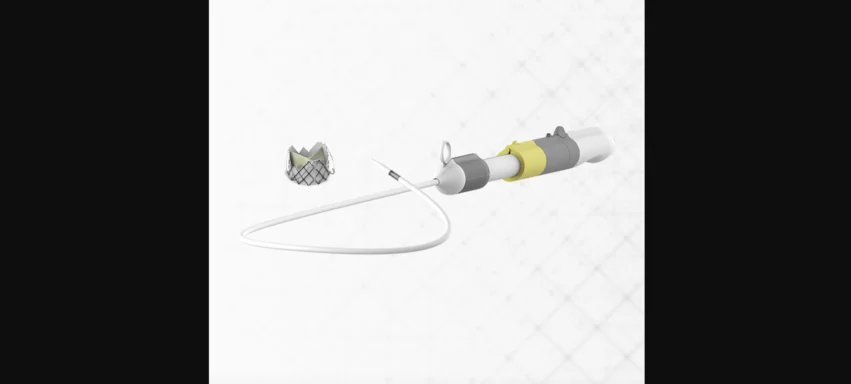Edwards continues valve-focused M&A streak by acquiring promising TAVR startup
Edwards Lifesciences has acquired JC Medical, adding the company’s advanced transcatheter aortic valve replacement (TAVR) technology for native aortic regurgitation (AR) to its growing arsenal of structural heart treatments. JC Medical was previously owned by Genesis MedTech, an international medical device company based out of Singapore. Edwards agreed to buy JC Medical outright from Genesis MedTech for an undisclosed amount, throwing in an equity investment of $25 million.
The move makes it crystal clear how focused Edwards remains on pursuing advanced TAVR treatments; the company just acquired JenaValve, another company dedicated to developing new offerings for AR, in July.
Genesis MedTech, which originally acquired JC Medical in 2022, said it plans to use the new investment from Edwards to support advances in product and market development.
“J-Valve has unique advantages in treating aortic valve regurgitation,” Warren Wang, chairman and CEO of Genesis MedTech, said in a statement. “We hope that J-Valve can expand its global impact, enabling more patients to benefit from this innovative product. We will continue strengthening our focus on developing innovative products and explore better medical solutions to benefit more patients worldwide.”
JC Medical found recent success with J-Valve technology
JC Medical’s J-Valve device was specifically designed with the treatment of severe symptomatic native AR in mind. The valve includes a self-expanding nitinol frame, bovine pericardial leaflets and three anchor rings designed to assist operators with alignment. JC Medical plans to offer the valve in five different sizes.
Researchers recently wrote about their early experience with J-Valve in JACC: Cardiovascular Interventions. Overall, the valve was associated with positive outcomes and “excellent” hemodynamic data after 30 days. The study’s first author was Santiago Garcia, MD, an interventional cardiologist with The Christ Hospital in Cincinnati, Ohio. Co-authors included some of interventional cardiology’s most well-known figures, including Michael Reardon, MD, Rebecca T. Hahn, MD, Joao Cavalcante, MD, and others.
Edwards staying active in structural heart market
Edwards has already had a busy 2024, and the year is far from over. The company acquired Innovalve Bio Medical, for example, after reviewing early data on the company’s Innostay transcatheter mitral valve replacement technology. Edwards also spent a combined $1.2 billion to acquire JenaValve and Endotronix.
In June, Edwards helped make this flurry of activity possible by selling its critical care portfolio for more than $4 billion in cash.
“Edwards’ underlying rationale for separating critical care remains the same, we are laser focused on pursuing a strategy centered on structural heart disease,” Bernard Zovighian, CEO of Edwards Lifesciences, said in at the time. “Our goal is to serve large unmet patient needs with our differentiated innovations while extending our global leadership, delivering sustainable growth and increasing shareholder value.”


